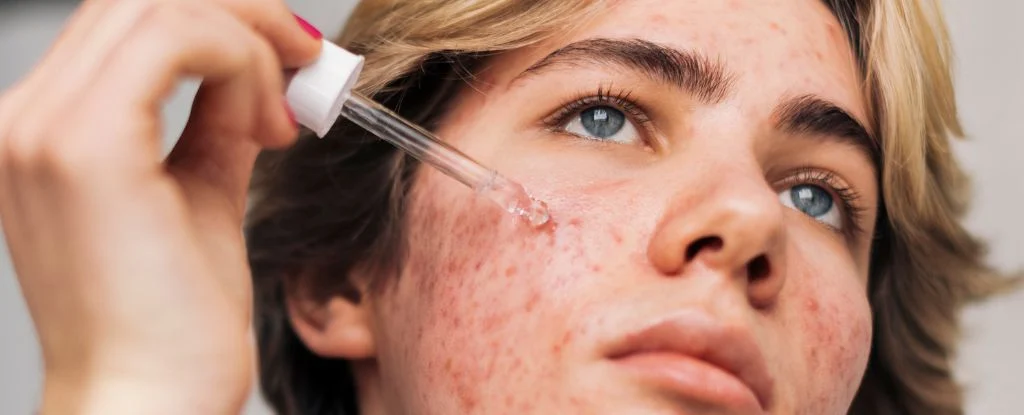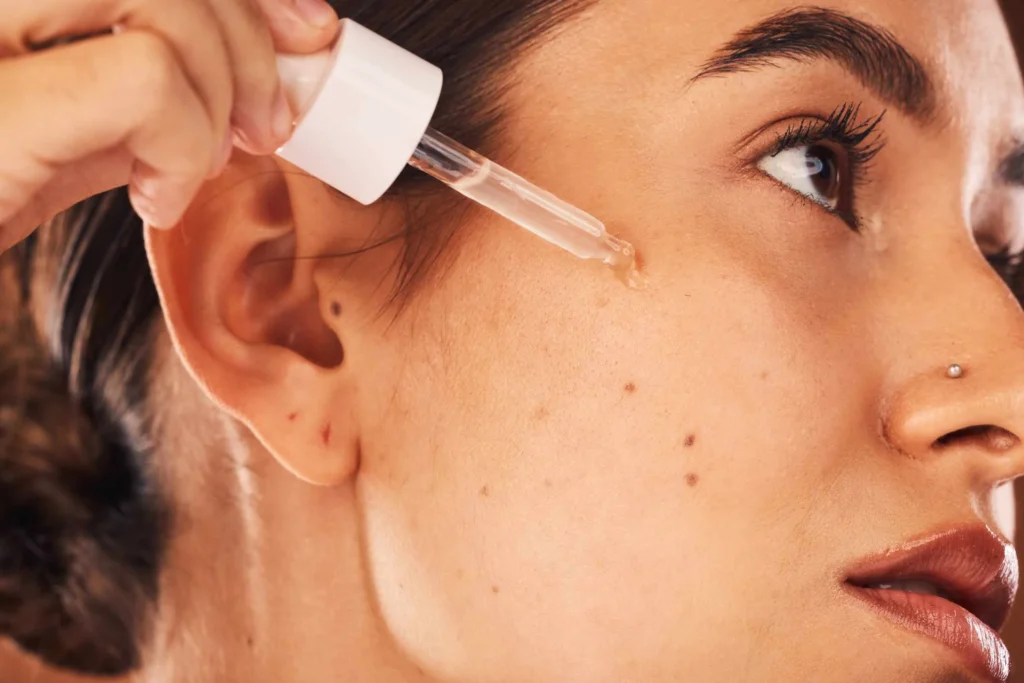If you’re into skincare, you know the deal. There’s always a hunt for that one “holy grail” ingredient that can actually rewind the clock. For decades, retinol has been the undisputed champ. It’s a form of Vitamin A, and it’s pretty much the most researched, dermatologist-loved ingredient out there for tackling everything from fine lines to acne. It’s the gold standard for a reason.
But even gold standards get challenged. Lately, a new name has been buzzing around, one that comes from the plant world: bakuchiol. You say it like “buh-KOO-chee-all,” and it’s making some serious waves. The big claim? That it can give you all the amazing results of retinol, but without the nasty side effects.
So, what’s the real story? Is this newcomer really a match for the king of anti-aging? Let’s get into the science, the pros and cons, and figure out which one is the right fit for your skin.
The Powerhouse: So, What Is Retinol, Anyway?
Retinol is a type of retinoid, which is just a fancy way of saying it’s a derivative of Vitamin A. Calling it a powerhouse isn’t an exaggeration. When you put it on your skin, it gets to work on a deep, cellular level to kick your skin cell turnover into high gear. Think of it like hitting the fast-forward button on your skin’s regeneration cycle. It pushes out the old, dull, damaged cells and brings the fresh, new ones to the surface. Fast.
Here’s what it’s great at:
- Boosting Collagen: It tells the cells that make collagen (the stuff that keeps skin firm and bouncy) to get back to work. This is why it’s so good at smoothing out fine lines and even deeper wrinkles.
- Fading Dark Spots: All that fast cell turnover helps break up and slough off pigmented cells. So those sun spots, dark marks, or post-acne spots start to fade, leaving your skin tone looking way more even.
- Fighting Acne: It’s a lifesaver for clogged pores. By clearing out dead skin cells before they can cause trouble, it helps stop acne in its tracks and prevent future breakouts.
But here’s the catch… The very thing that makes retinol so potent is also its biggest problem. That super-fast cell overhaul can be really rough on your skin, especially at first. There’s a whole adjustment period people call the “retinization” phase (or the “retinol uglies”). You can expect things like annoying dryness, flaking, redness, and a general feeling of irritation that can last for weeks. It also makes your skin way more sensitive to the sun, so using a good sunscreen every single day is non-negotiable. For anyone with truly sensitive skin, or conditions like rosacea and eczema, retinol is often just too much to handle.
The Gentle Giant: Meet Bakuchiol
Bakuchiol is an extract that comes from the leaves and seeds of the babchi plant (Psoralea corylifolia). It’s been a staple in traditional Ayurvedic and Chinese medicine for ages, but it’s only recently that we’ve put it under the scientific microscope.
And what we’ve found is pretty amazing. Here’s the fascinating part: bakuchiol is nothing like retinol chemically. They have totally different structures. And yet, it manages to trigger the same regenerative pathways in the skin to get similar results. A huge study in the British Journal of Dermatology put them head-to-head. After 12 weeks, both groups saw a major reduction in wrinkles and dark spots. The kicker? The bakuchiol users didn’t have to deal with the stinging, peeling, and redness that the retinol group reported.
Here’s what it’s great at:
- Encouraging Cell Turnover: Just like retinol, it helps smooth out skin texture by encouraging regeneration, but it does it in a much gentler way.
- Building Collagen: It’s been shown to fire up the genes that produce collagen and elastin, helping skin stay firm and lines look softer over time.
- Calming Skin: This is where it really stands out. Bakuchiol is a great antioxidant and has anti-inflammatory properties. So instead of irritating the skin, it actually helps to soothe it and calm down redness.
Is there a downside? The only real “con” for bakuchiol is that it’s the new kid on the block. The research we have is incredibly positive and growing all the time, but it just doesn’t have the 50+ years of data that retinol has racked up. If you’re someone who needs decades of proof, retinol still holds that title.
The Showdown: How Do You Choose?
Alright, so which one should you add to your cart? It really boils down to your skin, your goals, and your lifestyle.
- Go for Retinol if: Your skin is pretty tough, oily, or not prone to sensitivity. It’s your best bet if you’re looking for a heavy-hitter to tackle major signs of aging—like deep wrinkles or serious sun damage—or if you have stubborn acne. If you can push through the initial irritation and promise to be good about sunscreen, you’ll get the results that have made it famous.
- Go for Bakuchiol if: You have sensitive skin, dry skin, or your skin just freaks out at the mere mention of retinol. It’s also the obvious choice if you’re committed to a “clean” or plant-based routine. A huge plus is that it doesn’t make your skin extra sun-sensitive, so you can use it in the morning and at night. And, importantly, it’s considered safe to use during pregnancy and breastfeeding, while retinol is a hard no.
The Verdict: It’s a Win-Win for Skincare
Look, the rise of bakuchiol doesn’t mean you should throw out your retinol. What it really means is that the skincare world has evolved in the best way possible. We now have two fantastic, science-backed choices to get our skin looking healthier and younger.
Retinol is still the powerful gold standard for those who can handle it. But bakuchiol has proven itself to be a gentle yet effective natural alternative. It’s opened the door for everyone to get the benefits of skin renewal, especially those of us who had to sit on the sidelines before. At the end of the day, the best ingredient is the one that your skin loves.
Frequently Asked Questions (FAQ)
1. Can I use retinol and bakuchiol together? Totally. They actually play really well together. Bakuchiol‘s calming nature can help your skin tolerate retinol better and might even reduce some of the irritation. You’ll even find some products formulated with both. Or, you could try alternating nights, or using bakuchiol in the morning and retinol at night.
2. How long until I see results with bakuchiol? Just like with retinol, patience is key. You’re not going to see a difference overnight. Most of the studies show real, noticeable changes in fine lines, dark spots, and firmness after about 12 weeks of using it consistently.
3. Is bakuchiol as strong as prescription stuff like Tretinoin? Nope, and that’s a really important distinction. Bakuchiol’s effectiveness is on par with over-the-counter retinol. Prescription-strength retinoids like Tretinoin are a whole different league. They’re way more powerful and work faster, but they also come with a much higher chance of serious irritation and you’ll need a prescription to get them.
4. Will bakuchiol make my skin “purge”? Probably not. That initial breakout phase—the “purge”—happens when cell turnover speeds up so fast that it pushes all the gunk in your pores to the surface at once. Since bakuchiol is much gentler and has those nice anti-inflammatory properties, it’s way less likely to trigger that kind of reaction.


